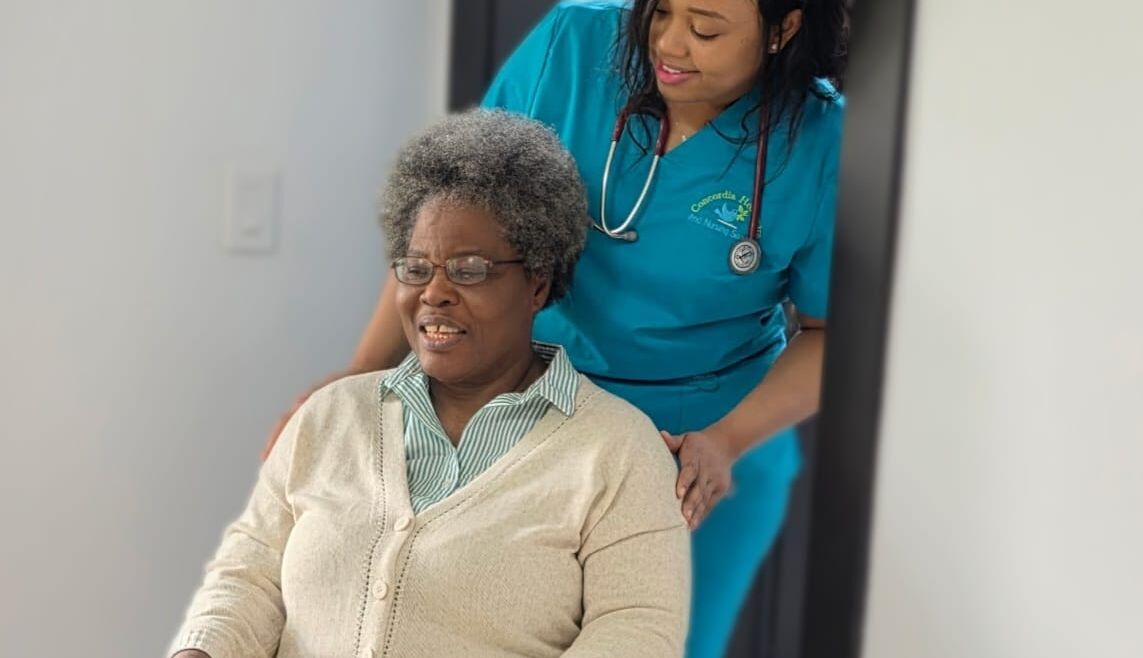Private duty home care refers to non-medical services provided to individuals in their homes to assist with activities of daily living (ADLs) and other personal needs. Unlike medical home health care, private duty care focuses on non-medical aspects of care, providing assistance with tasks that individuals may find challenging due to aging, illness, disability, or other reasons. This type of care is often sought by individuals who want to remain in their homes but require additional support to maintain their independence.
Here are key aspects of private duty home care:
- Services Provided: Private duty caregivers offer a range of non-medical services, including assistance with bathing, dressing, grooming, toileting, meal preparation, light housekeeping, companionship, and transportation.
- Personalized Care Plans: Caregivers work with clients and their families to create personalized care plans tailored to the individual’s specific needs and preferences.
- Companionship: In addition to assisting with physical tasks, private duty caregivers often provide emotional support and companionship, engaging in conversation, activities, or outings with clients.
- Medication Reminders: While private duty caregivers do not administer medications, they may provide reminders to clients to take their prescribed medications as directed.
- Mobility Assistance: Caregivers assist with mobility, transfers, and exercises to help maintain or improve the client’s physical capabilities.
- Meal Planning and Preparation: Caregivers can help plan nutritious meals, shop for groceries, and prepare meals according to dietary preferences and restrictions.
- Transportation: Some private duty caregivers offer transportation services, assisting clients in getting to medical appointments, social events, or running errands.
- Respite Care: Private duty caregivers can provide respite care for family caregivers, allowing them to take a break and attend to their own needs while ensuring that their loved ones receive proper care.
- 24-Hour Care: Depending on the individual’s needs, private-duty home care can be provided on a part-time or full-time basis, including 24-hour care for those who require constant supervision.
- Monitoring and Reporting: Caregivers may monitor clients’ well-being and report any changes or concerns to family members or healthcare professionals.
Private duty home care is typically arranged directly between the client or their family and the private duty agency or individual caregiver. It offers a flexible and personalized alternative to institutional care, allowing individuals to age in place with the support they need to maintain a comfortable and safe home environment. The cost of private duty home care varies depending on the services provided, the level of care required, and the geographic location.
A CARE TAILORED TO YOUR NEEDS
Nondiscrimination policy: It is the policy of CHNS to treat all patients with respect and dignity. We do not discriminate about race, color, religion, national origin, age, sex, sexual orientation, gender identity or expression, or disability. CHNS believes that no matter who you are, you deserve a great quality of life.
